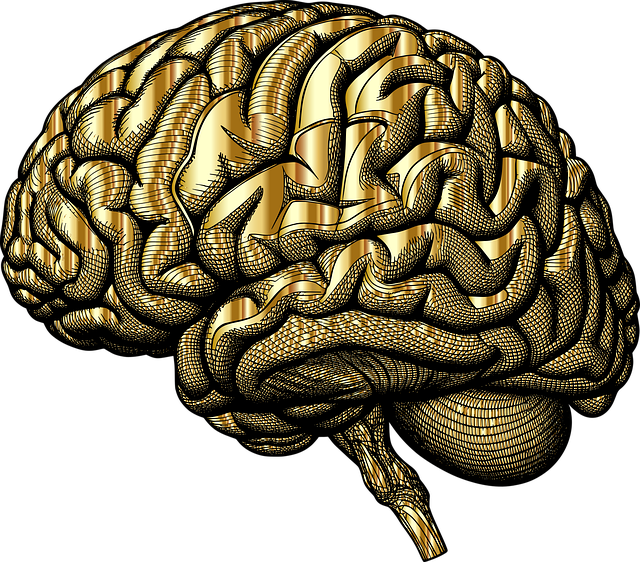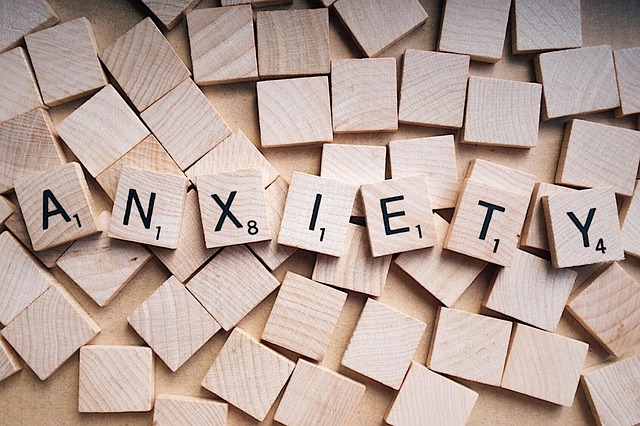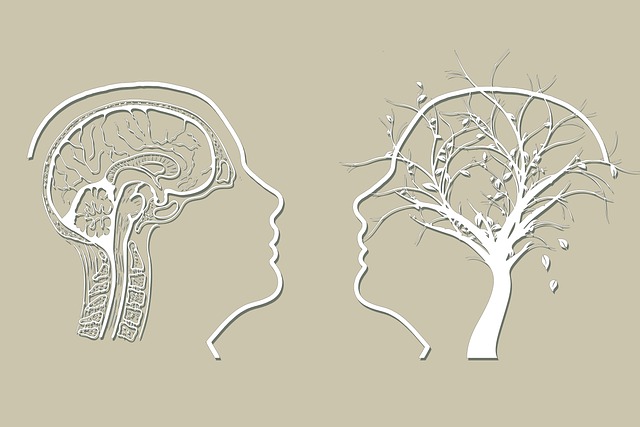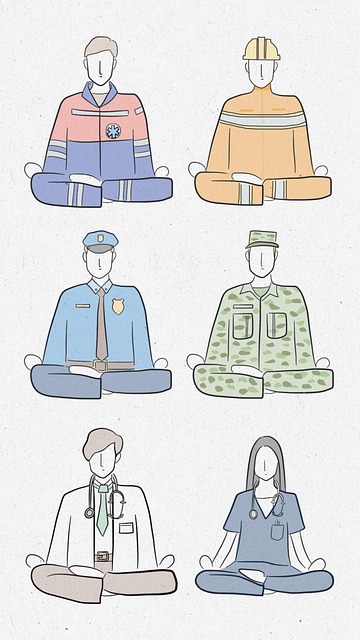In diverse Colorado Springs, integrating independent medical evaluations (IMEs) into therapy practices is vital for effective mental healthcare. Therapists must adapt their approaches to cater to individual client needs, considering cultural nuances and reducing stigma. Training in cultural competency, conflict resolution, and 'mind over matter' principles enhances the quality of services, fostering inclusive environments where clients feel safe to express themselves authentically. Colorado Springs Independent Medical Evaluations Therapy plays a key role in promoting understanding and personalized care tailored to each client's unique identity.
In the diverse landscape of Colorado Springs, cultural sensitivity in mental healthcare is more than a concept—it’s a necessity. This article explores how understanding and embracing cultural diversity enhances therapy delivery and improves outcomes for all. From a local perspective, we delve into the impact of cultural sensitivity on effective therapy, navigate ethical considerations in cross-cultural independent medical evaluations (IMEs), and uncover strategies to foster inclusive mental health practices within our community, ensuring quality care for everyone seeking Colorado Springs IME services.
- Understanding Cultural Diversity in Mental Healthcare: A Colorado Springs Perspective
- The Impact of Cultural Sensitivity on Effective Therapy Delivery
- Navigating Ethical Considerations in Cross-Cultural Independent Medical Evaluations
- Strategies for Fostering Inclusive Mental Health Practices in Our Community
Understanding Cultural Diversity in Mental Healthcare: A Colorado Springs Perspective

In Colorado Springs, understanding cultural diversity is paramount in mental healthcare practice. The city’s vibrant tapestry includes a wide range of backgrounds, beliefs, and languages, reflecting its diverse population. This unique perspective demands that therapists adapt their approach to meet the specific needs of each client. Independent medical evaluations play a crucial role in this process, providing an unbiased assessment that considers cultural nuances. By integrating self-care routine development for better mental health, Colorado Springs therapy practices can foster inclusive environments that reduce the stigma surrounding mental illness.
Navigating cultural sensitivities also involves addressing conflicts that may arise due to differences in values and communication styles. Effective conflict resolution techniques are essential tools for therapists, enabling them to create a safe and supportive space where clients feel heard and understood. In light of these considerations, Colorado Springs independent medical evaluations and therapy services must continually evolve to reflect the changing needs of their diverse community, ultimately enhancing mental health outcomes.
The Impact of Cultural Sensitivity on Effective Therapy Delivery

In the diverse communities of Colorado Springs, effective therapy delivery necessitates a deep understanding and appreciation for cultural sensitivity. When mental healthcare providers are attuned to the unique cultural backgrounds, beliefs, and values of their clients, it paves the way for more meaningful and successful therapeutic outcomes. This approach is particularly crucial in independent medical evaluations where accurate assessments rely on open communication that transcends linguistic and cultural barriers.
Cultural sensitivity cultivates a safe and inclusive environment, encouraging clients to explore and express themselves authentically. Healthcare provider training in cultural competency equips them with the skills to adapt their practices, incorporating culturally relevant self-awareness exercises and stress management techniques. By doing so, therapists can better address intergenerational trauma, navigate complex family dynamics, and provide tailored interventions that resonate with individuals from various ethnic, racial, and socioeconomic backgrounds, ultimately enhancing the overall quality of care in Colorado Springs mental health services.
Navigating Ethical Considerations in Cross-Cultural Independent Medical Evaluations

Navigating ethical considerations is paramount when conducting cross-cultural independent medical evaluations (IMEs) for individuals seeking therapy in diverse communities, such as those found in Colorado Springs. With a growing and increasingly diverse patient population, mental healthcare professionals must be adept at understanding cultural nuances to provide accurate assessments and effective treatment plans. IMEs, often required for insurance purposes or legal cases, should reflect an awareness of ethical standards that promote sensitivity and respect for different cultural beliefs and practices.
This involves considering communication strategies that bridge potential language barriers and ensure patient comfort. For instance, providing services in multiple languages or employing interpreters can foster better understanding and engagement. Moreover, therapists should be trained to avoid assumptions based on cultural stereotypes, embracing instead a mindset of positive thinking that encourages open dialogue. Development of mental wellness coaching programs tailored to diverse communities can enhance therapeutic outcomes, as these programs often incorporate culturally sensitive approaches, promoting mental wellness in ways that resonate with various backgrounds.
Strategies for Fostering Inclusive Mental Health Practices in Our Community

In fostering inclusive mental health practices in our community, such as those offered through Colorado Springs Independent Medical Evaluations Therapy, it’s imperative to integrate emotional intelligence and healthcare provider cultural competency training. These strategies empower professionals to understand and respond effectively to the diverse emotional and cultural needs of clients. By promoting empathy, active listening, and an awareness of unconscious biases, healthcare providers can create a safe and supportive environment for individuals from various backgrounds.
Furthermore, integrating mind over matter principles into therapy sessions can bridge cultural gaps and enhance therapeutic outcomes. This involves recognizing and valuing the interconnectedness of mental, emotional, and spiritual well-being across different cultures. Such an approach not only respects individual beliefs and values but also enables healthcare providers to tailor interventions, ensuring that every client receives personalized care that resonates with their unique cultural identity.
In addressing mental healthcare in Colorado Springs, it’s clear that cultural sensitivity is not just a preference but a necessity. The diverse community demands approaches that respect and incorporate varied cultural beliefs and practices, especially in independent medical evaluations. Enhancing therapy delivery through cross-cultural understanding can significantly improve outcomes for patients from various backgrounds. By implementing inclusive practices, mental health professionals in Colorado Springs can ensure effective, ethical, and culturally sensitive care for all, fostering a healthier and more supportive community environment. These strategies are vital steps towards revolutionizing local mental healthcare, making it accessible and impactful for everyone who needs it.














